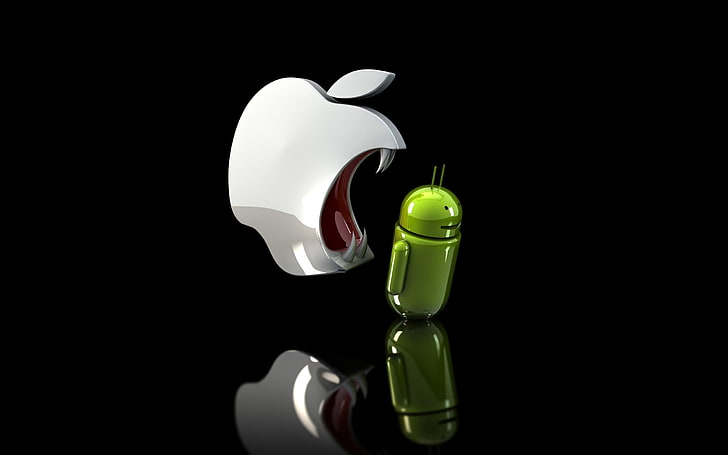Deference of Android and Apple (IOS)
Pitting together the dominant mobile operating systems, Android and Apple show faces of essential difference in aspects of customization, hardware, application ecosystem, and user experience.
Customization: Android, being developed by Google, allows huge flexibility when it comes to customization. The users can literally change everything from layouts of the home screen to widgets, icons, and even the very OS with custom ROMs. Apple’s iOS is very limited in terms of customization, providing a consistent and smooth experience that also focuses on simplicity and ease of use. While iOS does some customization-for instance, widget placement in recent updates-it is by far more limited as compared to Android.
Hardware Diversity: Android being open-source, is made available to various manufacturers like Samsung, Google, OnePlus, Xiaomi, and many others. That will include a number of devices within a wide range of prices, sizes, and features. This also means wider options will be opened to consumers basing on their needs and budget. In contrast, Apple designs both its hardware and software; therefore, it allows for tighter integration and optimization, but this is limited to its iPhones, iPads, and Apple Watches. Because of the tight control, it would ensure there was consistency in user experience but with limited hardware variety.
App Ecosystem: While both offer millions of apps, Apple’s App Store generally enforces much more rigid quality and security controls over its applications, ultimately making them more curated and safe. Android’s Google Play Store, while being far more open, also allows third-party app stores, which can result in a wider selection at the expense of security and app quality.
Updates and Security: Basically, iOS devices receive software updates for a longer period of time, starting from the date of release, often for 5-6 years. While doing so, these updates reach all the available devices in the market at the same time. The case is different for Android updates since it depends on the manufacturer; this leads to fragmentation where some get updates quicker and others take a little longer. Therefore, iOS is generally more secure and preserves consistency in the new features being delivered to the users.
Ecosystem and Integration: Apple’s ecosystem is highly integrated. For instance, features like Handoff, AirDrop, and iCloud make the iPhone work like a breeze together with Macs, iPads, and other devices from Apple. Thus, for all those already in the Apple ecosystem, it is the best option to choose. While Android is a little less integrated than iOS, far more compatible it is with a greater variety of platforms, devices, and services, making it better for flexibility.
Hence, Android has more customization, variety, and costs than iOS does. It would be ideal for those tech-savvy users who seek flexibility. Apple grants users a more polished, secure, integrated experience. The users who may want an operating system that can be readily used, lasts longer, and connects devices seamlessly, then it would be Apple.


